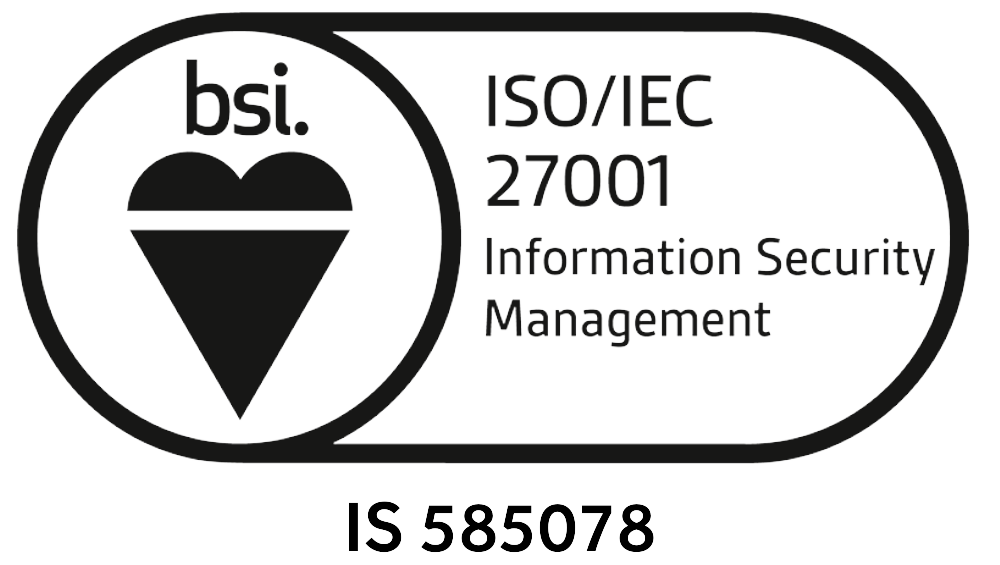The agile firm has offices in central Adelaide, Millicent and Whyalla, and nine experienced lawyers who were already using BigHand’s voice solutions. Although the firm had previously identified its back-office legal workflow as an area of process improvement before COVID-19, when the pandemic hit and everyone was forced to work from home, the project became top priority.
Scott Herriman, managing partner at Hume Taylor explains, “Prior to the pandemic, we knew there were improvements we could make to streamline the way work was delegated and moved around the firm. Tasks were often emailed to support staff or written down on a paper form, which might then get lost and quite often needed extra clarification of instructions before the task could be completed.”
“When COVID-19 forced everyone to adopt remote working, we knew we needed a robust solution to help gain visibility over the law firm workflows and optimise the service to our lawyers, and in turn, to our clients. We trusted BigHand as providers of reliable legal-specific software from our use of their voice solutions, BigHand Digital Dictation and Speech Recognition, and it was an easy decision to convert to the full workflow suite once we realised the full benefits of BigHand Workflow Management.
BigHand Workflow Management is a legal-specific workflow solution that allows tasks to be sent to a central workflow with all the required instruction upfront. Tasks are then automatically routed to the right skilled resource, at the right cost to the firm. The centralised view of work can be accessed by desktop or mobile devices to allow lawyers to check on the progress of their work at any time.
For the support staff at Hume Taylor, all the task instructions are gathered upfront and a priority level is assigned, making it much easier to manage their workloads. Scott elaborates, “Lawyers are notoriously bad at setting priorities for work and usually insist that everything is urgent. BigHand’s legal workflow technology eliminates this problem, helping the support staff to utilise their time more efficiently.”
He continues, “The fact that tasks can be easily moved to different resources based on capacity also ensures consistency, and faster turnaround times. If a secretary doesn’t work on a Friday, for example, any tasks sent to them at the end of the week would previously have not been completed until Monday. Now, someone else can easily pick up the task and have it completed and out the door before the weekend. The lawyers have visibility of the progress too, so they can keep clients better informed.”
Scott explains the impact for management, “The visibility we now have over our legal support workflow, and the accompanying data allows us to see how efficiently work is being processed, and to pinpoint areas of improvement. One example is with recruitment, where we can now make informed, data-driven staffing decisions rather than relying on anecdotal evidence.”
Hume Taylor have also started to apply hourly rates of support staff when analysing data, to uncover the cost base of different task types. Scott explains, “We knew how much our printing costs were, but didn’t know the cost of other types of legal administrative tasks. Although we’re in the early stages of applying costs to tasks, we’re confident that once this is complete it will help us ensure that work is completed at the right cost-base to the firm.”
“The BigHand team have been outstanding throughout the rollout and in really understanding our needs”. Scott concludes, “Converting to BigHand’s full workflow offering has helped us to achieve faster turnaround times, visibility of data to make better decisions and overall service delivery excellence. We’ve always been an agile firm, but we now have the technology we need to compete on service with our larger competitors.”
“At a time when we will be seeing much more working from home for legal support staff, having technology like BigHand’s in place will help us to ensure the future success of the firm.”






